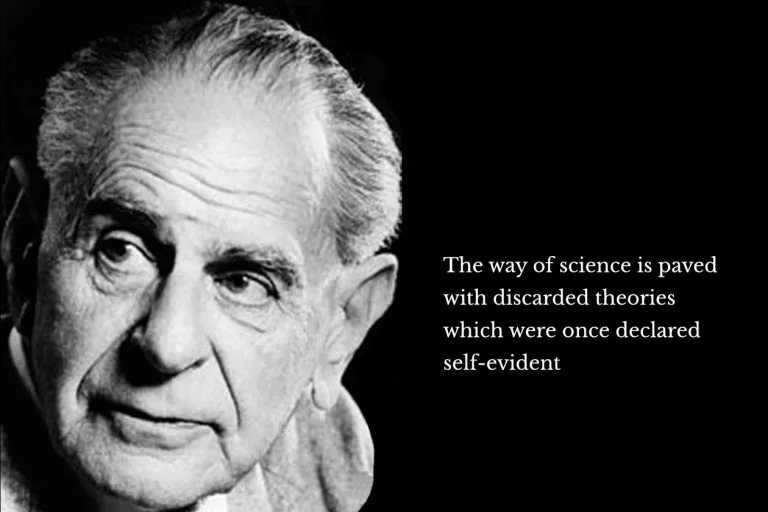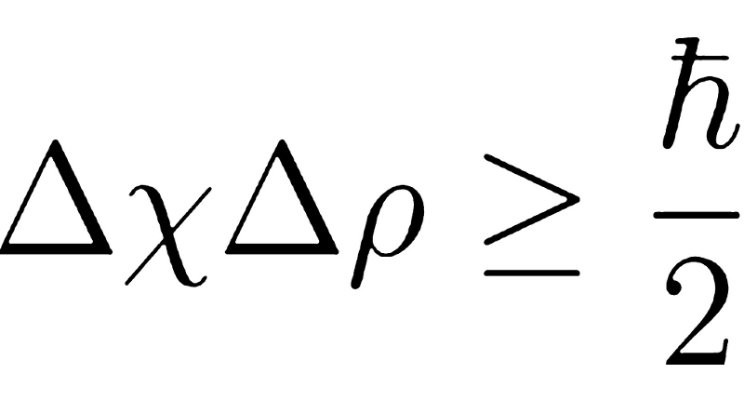Modern Physics and Verifiability: Theoretical Physics Through Popper's Lens
 Modern theoretical physics has constructed an impressive mathematical framework to explain quantum phenomena and cosmic structure. However, from the perspective of falsifiability—the key scientific criterion emphasized by Karl Popper—many theories in modern physics face serious challenges. Moreover, modern theoretical physics is moving toward areas where empirical verification is impossible, similar to metaphysics in philosophy.
Modern theoretical physics has constructed an impressive mathematical framework to explain quantum phenomena and cosmic structure. However, from the perspective of falsifiability—the key scientific criterion emphasized by Karl Popper—many theories in modern physics face serious challenges. Moreover, modern theoretical physics is moving toward areas where empirical verification is impossible, similar to metaphysics in philosophy.
The Evasive Turn of Early 20th Century Physics
Instead of directly addressing measurement problems, the great physicists of the early 20th century chose to obscure reality with complex theories that were essentially impossible to verify. Rather than solving the incompleteness of measurement, they circumvented the issue by integrating it into the theory itself. By designing predictive models to include the effects of measurement error, theories took on a self-fulfilling nature. From Popper’s perspective, this was a dangerous turning point where theories became dogmatized in unfalsifiable forms.
The Circular Nature of Quantum Measurement

Consider how we measure electrons. We use instruments that detect and measure the characteristics of target electrons using other electrons. This creates fundamental interference, similar to trying to measure a soccer ball’s momentum using another soccer ball. The act of measurement itself fundamentally disturbs the measured object.
This raises deep questions: Do quantum mechanical phenomena like Heisenberg’s uncertainty principle describe fundamental reality, or are they simply modeling our measurement limitations? This brings to mind Kant’s distinction between the thing-in-itself (Ding an sich) and the phenomenal world. The physics community accepted the former interpretation without sufficiently examining the Popperian interpretation of the latter possibility—that this might simply be a limitation of measurement.
Building Theory on Incomplete Foundations
Modern theoretical physics may be building a “castle in the sand” without adequately addressing this measurement problem. Mathematical models work because they’ve integrated measurement interference into predictions—creating a circular reference where theory and observation align because the theory describes the act of observation itself rather than underlying reality. This resembles medieval metaphysics’ attempt to explain the world through logical consistency alone.
The Unknown Universe and Limits of Verification
An even more fundamental problem lies in the nature of the universe that modern physics deals with. Dark Matter and Dark Energy are merely conceptual unknowns introduced to explain observed phenomena. While they are thought to constitute 90% of the universe, their existence remains an unverifiable hypothesis from Popper’s falsifiability criterion. This exemplifies how deeply modern physics relies on abstract concepts and mathematical constructs.
Theory Dogmatization and Popper’s Falsificationism
Mainstream interpretations in modern physics often rush to extremes unnecessarily. As Popper emphasized, scientific theories should be falsifiable and pursue the simplest possible explanation (Occam’s razor). However, modern physics tends to favor increasingly complex and metaphysical interpretations while ignoring simpler, verifiable explanations for measurement errors or observational limitations. This deviates from the basic principles of scientific methodology.
Theoretical Physics as a Lighthouse
Theoretical physics serves as a lighthouse, providing clues to truth by revealing relationships between propositions through deductive reasoning and deriving new propositions. However, a lighthouse is merely a tool for direction in darkness, not the destination itself. The mathematical structures and conceptual frameworks of theoretical physics should likewise be understood as tools for understanding reality, not equated with ultimate truth.
The Path Forward: Return to Popperian Science
The physics community needs to return to the basic scientific principles proposed by Popper. Before building more sophisticated theoretical structures, we need better understanding of:
- How to ensure theory falsifiability
- Priority examination of simpler explanations
- Impact of measurement interference on understanding “reality”
- Distinction between mathematical models and physical reality
- Role of observation in theory formation
- Scientific value of unverifiable theories
- Relationship between abstract concepts and actual phenomena
- Instrumental nature of theory and its limitations
- Methodologies to prevent theory dogmatization
This isn’t to diminish modern physics’ achievements, but to suggest that some of its most basic assumptions need deeper examination from Popper’s philosophy of science perspective. The relationship between measurement, observation, and reality remains a profound challenge deserving more attention from the physics community.
By acknowledging these limitations, carefully examining measurement methodology, and particularly prioritizing falsifiable simple explanations, we can develop a more robust approach to understanding the physical world. Otherwise, modern physics risks drifting increasingly into metaphysical speculation. For theoretical physics to fulfill its role as a lighthouse, we need a balanced perspective that recognizes both its directional guidance and instrumental limitations.